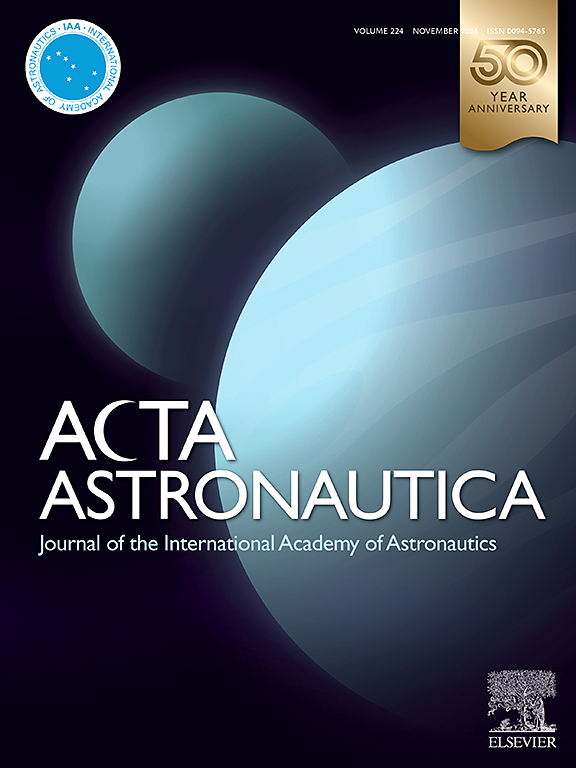Phenomenal consciousness is alien to us: SETI and the fermi paradox seen through the prism of illusionism and attention schema theory
IF 3.1
2区 物理与天体物理
Q1 ENGINEERING, AEROSPACE
引用次数: 0
Abstract
Illusionism is an eliminativist position about qualia stating that phenomenal consciousness is nothing more than an introspective illusion. The attention schema theory (AST) relates this philosophical stance to a large body of experimental data and states that phenomenal consciousness arises from an internal model of attention control. In this paper, I intend to show that AST and illusionism have significant implications both in the search for extra-terrestrial intelligence and in the explanation of Fermi paradox.
Firstly, on the basis of findings concerning the evolutionary history of phenomenal consciousness on Earth, I argue that extraterrestrial biological life is likely to experience phenomenality. In the second part, I set AST in the context of a post-biological universe, where artificial intelligence (AI) is the dominant form of intelligence. I argue that phenomenal consciousness is probably present in these entities, and that they could even be super-conscious. Finally, I show that because phenomenality grounds value, illusionism has profound revisionary consequences in the field of ethics. This reconsideration of the justifiability of our values paves the way to AI misalignment and may be the source of neocatastrophic scenarios that explain to Fermi paradox.
现象意识与我们格格不入:从幻觉和注意力模式理论的棱镜看 SETI 和费米悖论
幻觉论是一种关于质点的消除论立场,认为现象意识不过是一种内省幻觉。注意力图式理论(AST)将这一哲学立场与大量实验数据联系起来,指出现象意识产生于注意力控制的内部模型。在本文中,我打算说明注意力图式理论和幻觉主义在寻找地外智慧生命和解释费米悖论方面都有重要意义。首先,基于有关地球上现象意识进化史的发现,我认为地外生物生命很可能经历现象性。在第二部分中,我将 AST 置于后生物宇宙的背景下,在这个宇宙中,人工智能(AI)是智能的主要形式。我认为,现象意识很可能存在于这些实体中,它们甚至可能具有超意识。最后,我指出,由于现象性是价值的基础,幻觉主义在伦理学领域具有深远的修正意义。这种对我们价值观合理性的重新考虑为人工智能的错位铺平了道路,并可能成为解释费米悖论的新灾难性情景的根源。
本文章由计算机程序翻译,如有差异,请以英文原文为准。
求助全文
约1分钟内获得全文
求助全文
来源期刊

Acta Astronautica
工程技术-工程:宇航
CiteScore
7.20
自引率
22.90%
发文量
599
审稿时长
53 days
期刊介绍:
Acta Astronautica is sponsored by the International Academy of Astronautics. Content is based on original contributions in all fields of basic, engineering, life and social space sciences and of space technology related to:
The peaceful scientific exploration of space,
Its exploitation for human welfare and progress,
Conception, design, development and operation of space-borne and Earth-based systems,
In addition to regular issues, the journal publishes selected proceedings of the annual International Astronautical Congress (IAC), transactions of the IAA and special issues on topics of current interest, such as microgravity, space station technology, geostationary orbits, and space economics. Other subject areas include satellite technology, space transportation and communications, space energy, power and propulsion, astrodynamics, extraterrestrial intelligence and Earth observations.
 求助内容:
求助内容: 应助结果提醒方式:
应助结果提醒方式:


